Report
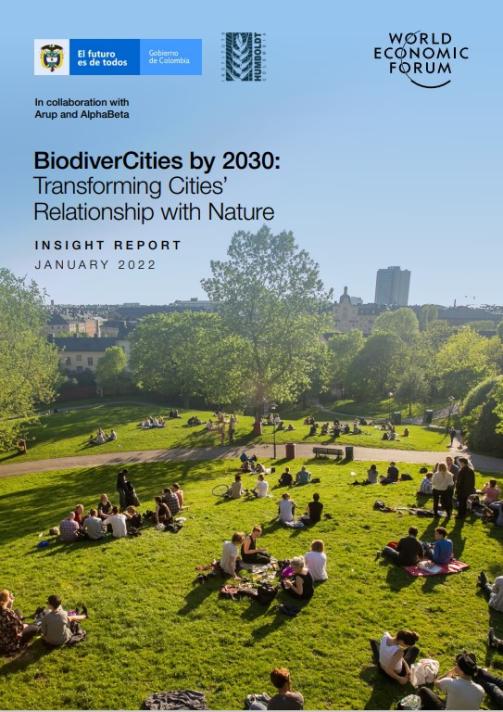
BiodiverCities by 2030
Transforming cities’ relationship with nature
This report provides a vision for cities of the future and the needed systemic shifts to develop "BiodiverCities" that place nature at the heart of decision-making and infrastructure investments.
Cities are the engine of the global economy, contributing to 80% of the world’s GDP, but their exponential growth in recent decades has come at the expense of nature. The built environment has grown by two-thirds in the first 12 years of the 21st century, leading to the degradation of local ecosystems and the loss of habitats. Urban areas are also responsible for over 75% of global carbon emissions, accelerating climate change and driving further nature loss.
This WEF report provides a vision for cities of the future, where urban leaders place nature at the heart of decision-making and infrastructure investments. The report also describes how the public and private sectors can utilize nature to reduce the impact of cities on biodiversity, increase climate resilience, and secure significant economic benefits.
READ MORE
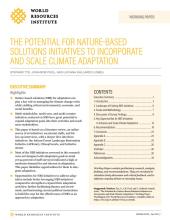
The Potential for Nature-Based Solutions Initiatives to Incorporate and Scale Climate Adaptation
This paper explores how existing NbS initiatives can better incorporate climate adaptation. It investigates the barriers these initiatives face, as well as new opportunities and lessons learned in implementation.
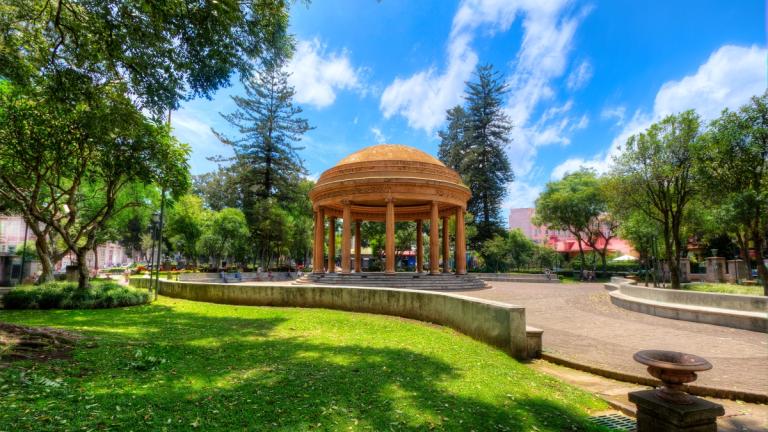
Strategic City Planning with Nature: Assessing Urban Biodiversity in San José, Costa Rica
UrbanShift’s geospatial analysis for the San José metropolitan region will support urban actors to incorporate biodiversity into planning mechanisms and transform decision-making processes toward valuing the benefits of nature.
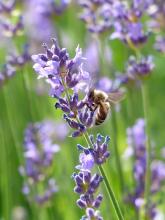
Biodiversity in UrbanShift Cities
These online reports, with interactive maps and figures, provide indicators to measure the state of biodiversity in UrbanShit cities based on comparable global datasets.
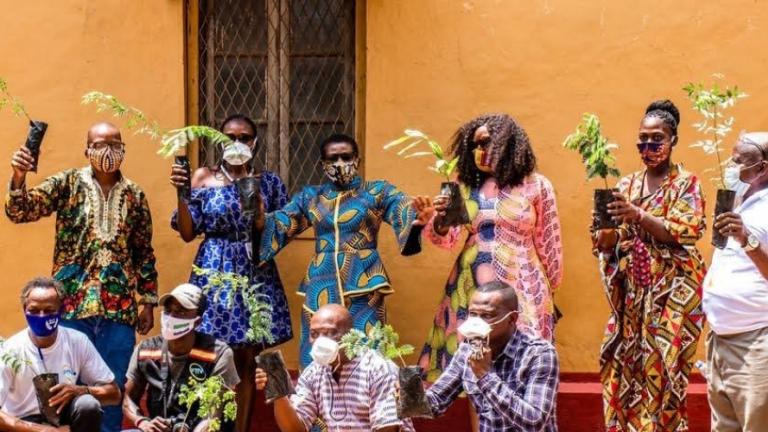
Freetown the TreeTown campaign: Using digital tools to encourage tree cultivation in cities
Against the backdrop of population expansion and rapid urbanization, the Freetown City Council came up with a plan to plant and grow 1 million trees by 2022—an effort that would increase the city's vegetation cover by 50%.
